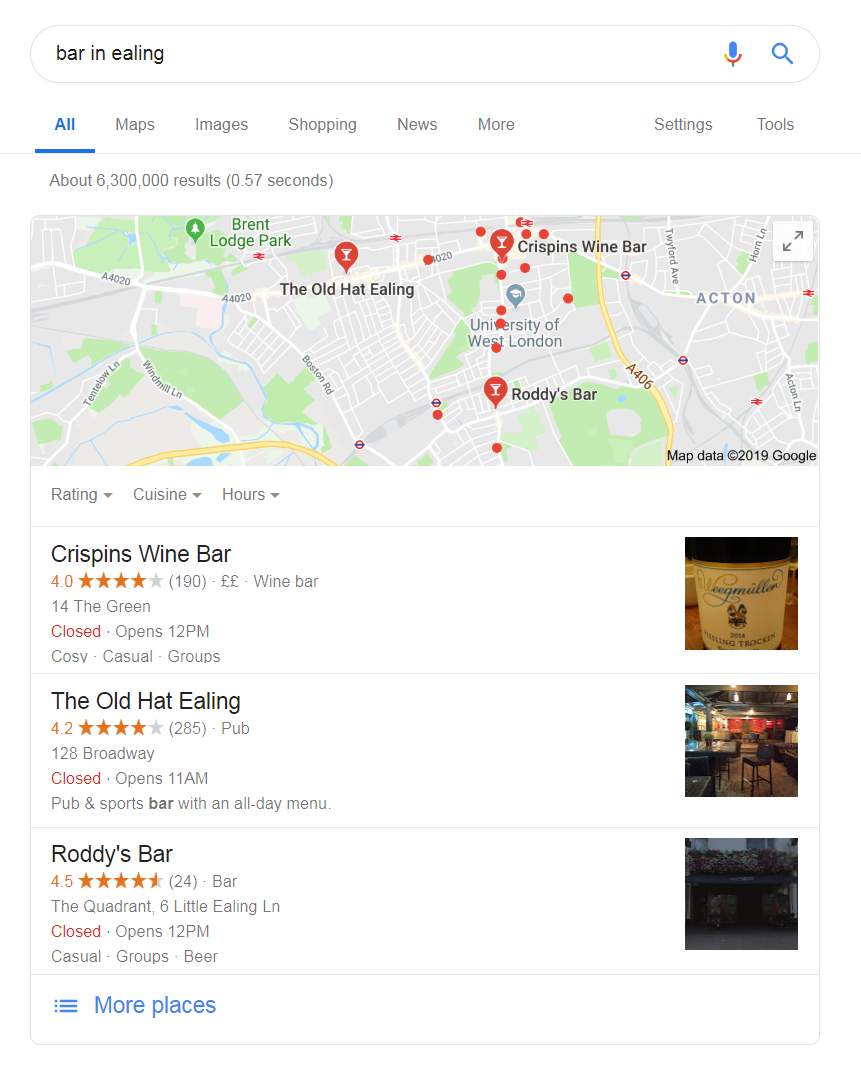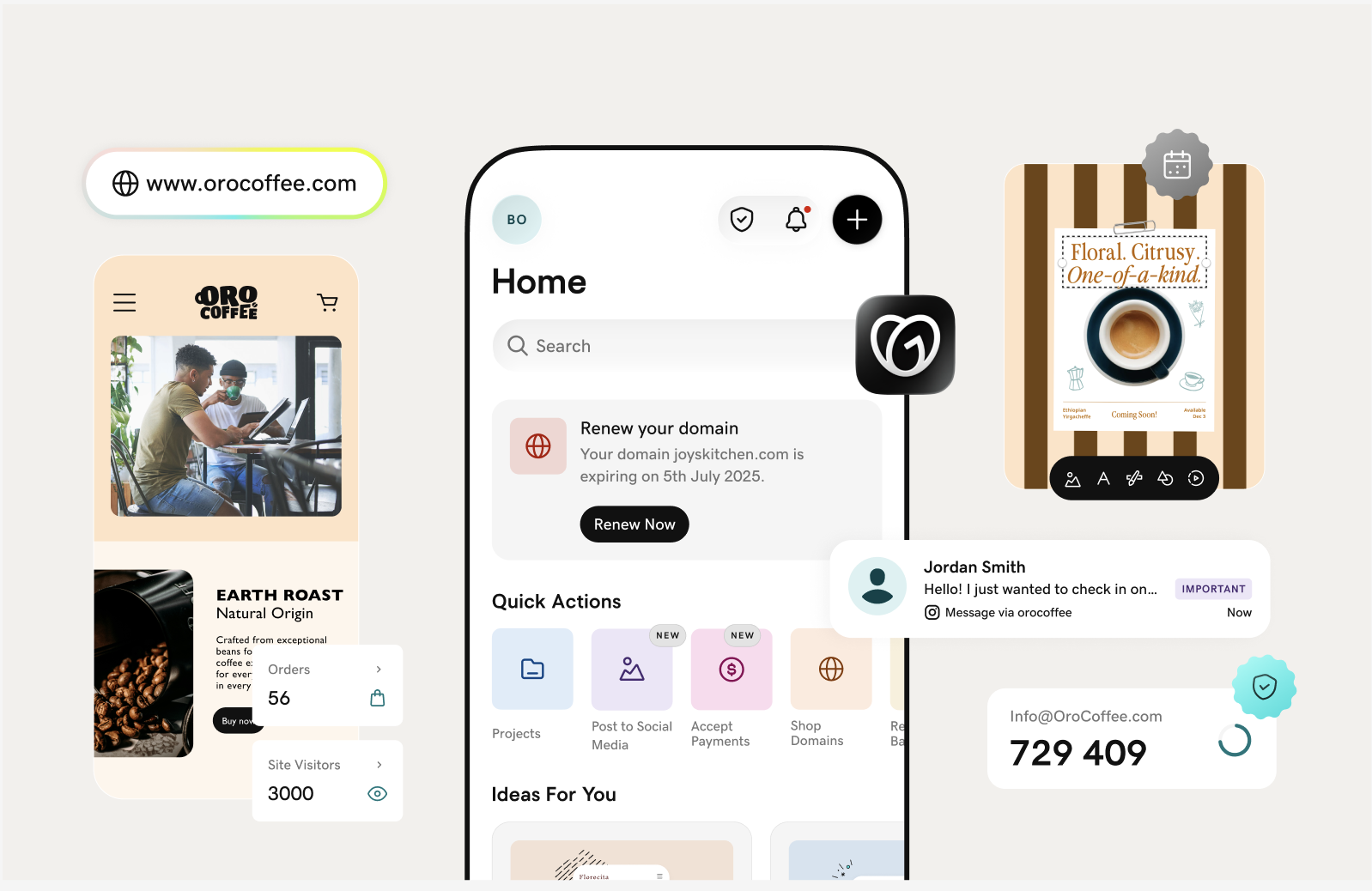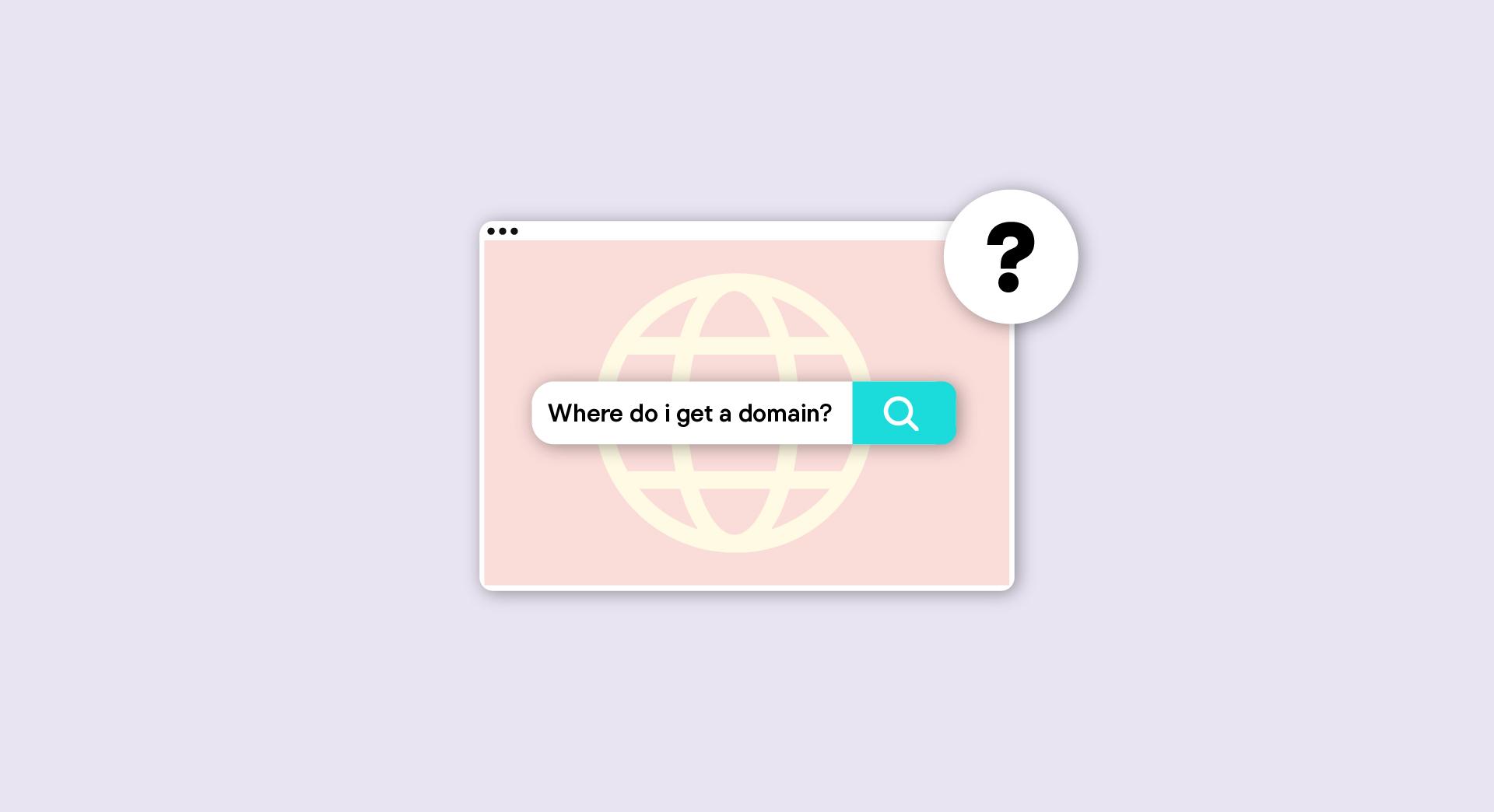Search engine optimization (SEO) is a key marketing tactic for any online business, but it can feel complicated and confusing. Especially if you're a beginner.
In this guide we'll look at some basic SEO tips that every small business owner can use to optimize their site and increase their chances of ranking well.
SEO tip 1: Good SEO starts with your website structure
Isn't it great when you visit an unfamiliar website and you can easily find what you're looking for? Conversely, if you're on an unfamiliar site and you can't easily find what you're looking for, how quickly do you give up?
Site structure matters - not just for your potential customers, but also for the search bots that crawl websites to gather data for search engines.
If these bots can't easily access all the pages on your website then there's a strong possibility important parts of your website won't appear in search results - no matter how much work you put in on other aspects of SEO.
So what makes for good website structure? Well, put simply it should go Homepage > Category pages > Individual pages.
The homepage should be self-explanatory, while the category pages and individual pages will vary depending on the kind of website you have.
If you're running an ecommerce business then your category pages will most likely be product groups (eg a page for shoes and a page for hats) while the individual pages will be individual products (eg a specific hat or a specific brand of shoe.)
It should be easy to move from your homepage to your category pages, usually via a menu, and from your category pages to your individual pages. (If you're running a larger site, you may need to use subcatagories too.)
Spend some time exploring your favourite websites to understand how their structure works.
The good news is that if you have an existing site you've built using either GoDaddy Website Builder, or WordPress then your site structure is likely okay (and if it's not, it will be easy to change on these platforms.)
And of course, if you're building a new website you should take site structure into account from the earliest stages of planning.
The bad news is that if your site has been built by a designer, then its structure may not be SEO-friendly (especially if it's an older site) and it won't be easy to change. In this situation, you should consider building a new website with a better structure.
NB: There are other, more technical, aspects of site structure (such as use of Javascript) that can have a negative effect on SEO. We won't mention them here to keep things simple, but if you're worried it's affecting your site then check out this guide to technical SEO problems.
SEO tip 2: Keywords really matter
Words are the basis of search, so it's important that you understand the words people are using to search for a business like yours.
Doing so is the basis of keyword research. It doesn't matter how good your website structure is, no one will be able to find your site if you don't use the right keywords.
Keyword research is a very complex topic, but a good place to start if you're a beginner is by using the GoDaddy SEO tool, which offers keyword suggestions.
There are also more advanced keyword research tools such as SEMRush.
Here are some basic tips to help you with your keyword research:
- There's no point in ranking for keywords that people aren't using - pay attention to the search volume of keywords you research and avoid those that have few or no monthly searches.
- Be aware of the competition - If you're operating in a competitive niche, it may be hard to dislodge the big players from the top of the search rankings. Strike a balance between search volume and the difficulty of ranking for a keyword.
- Focus on one keyword per page - If you don't, you'll end up competing with yourself and your SEO efforts will be diluted.
- Don't over use your keywords - It's important to get your keyword into your content, but using them too often can be just as bad as not using them at all.
It's also important that your keywords are included in rich, useful, in-depth content that addresses the needs of your potential customers.
On product (and services pages) that means fully addressing the features and benefits of an item, and for blog pages it means covering a topic as comprehensively as possible.
You can learn more about writing good search-optimized copy in this guide.
That's the very basics of keywords covered, but for a more in depth look at keyword research and usage, check out this guide.
SEO tip 3: Links matter too
Search engines understanding the web by following links, in much the way people do. Search engines also use links as a sign of trustworthiness - for example if a big site like BBC News links to your website, search engines take that as a sign your site is an authority on the topic which it covers, increasing its chances of ranking well for related keywords.
Two kinds of links matter - external links (links from other websites) and internal links (the links that connect your site's pages to each other).
Attracting links from external sites can be a time consuming endeavour, but it is worth it. You can learn about how to do link building the right way in this guide.
Obviously you have more control over your internal links, so you need to pay attention to what you do with them.
Remember - if a page doesn't have any links, search engines won't be able to find it and so it won't appear in their results. So make sure all pages on your site are linked to by at least one other page.
You also need to pay attention to the anchor text you use for your internal links (the anchor text is the words you click on to follow a link, usually they're blue and underlined.)
It can be tempting to repeatedly use the keyword you're trying to rank for as your anchor text when setting up internal links. Although this makes sense in the case of navigation links, you should avoid it in things like blog posts and instead opt for more descriptive anchor text. (See the link to the GoDaddy SEO tool above for an example of this.)
You can learn more about internal linking in this guide.
SEO tip 4: Don't forget to get local
If you're running a business that either aims to attract customers to a physical location (such as a shop or a bar) or that serves a specific local area (such as a window cleaner or a tree surgeon) then you need to work on your local SEO.
Why? Because local SEO will help you appear in map-based search results like the one below.

To get started, you'll need to set up a Google My Business page. This is quick and easy if you use GoDaddy's Website Builder on a Business Plus or higher plan as there's built-in integration with Google My Business.
You can learn why your website needs a Google My Business page in this guide.
This guide will help you with the next steps in local SEO.
Summing up
These four tips cover the basic building blocks of SEO and should be enough to help you create a site that's capable of ranking well in Google. For further (and more in-depth advice) we suggest checking out this SEO beginners guide.






